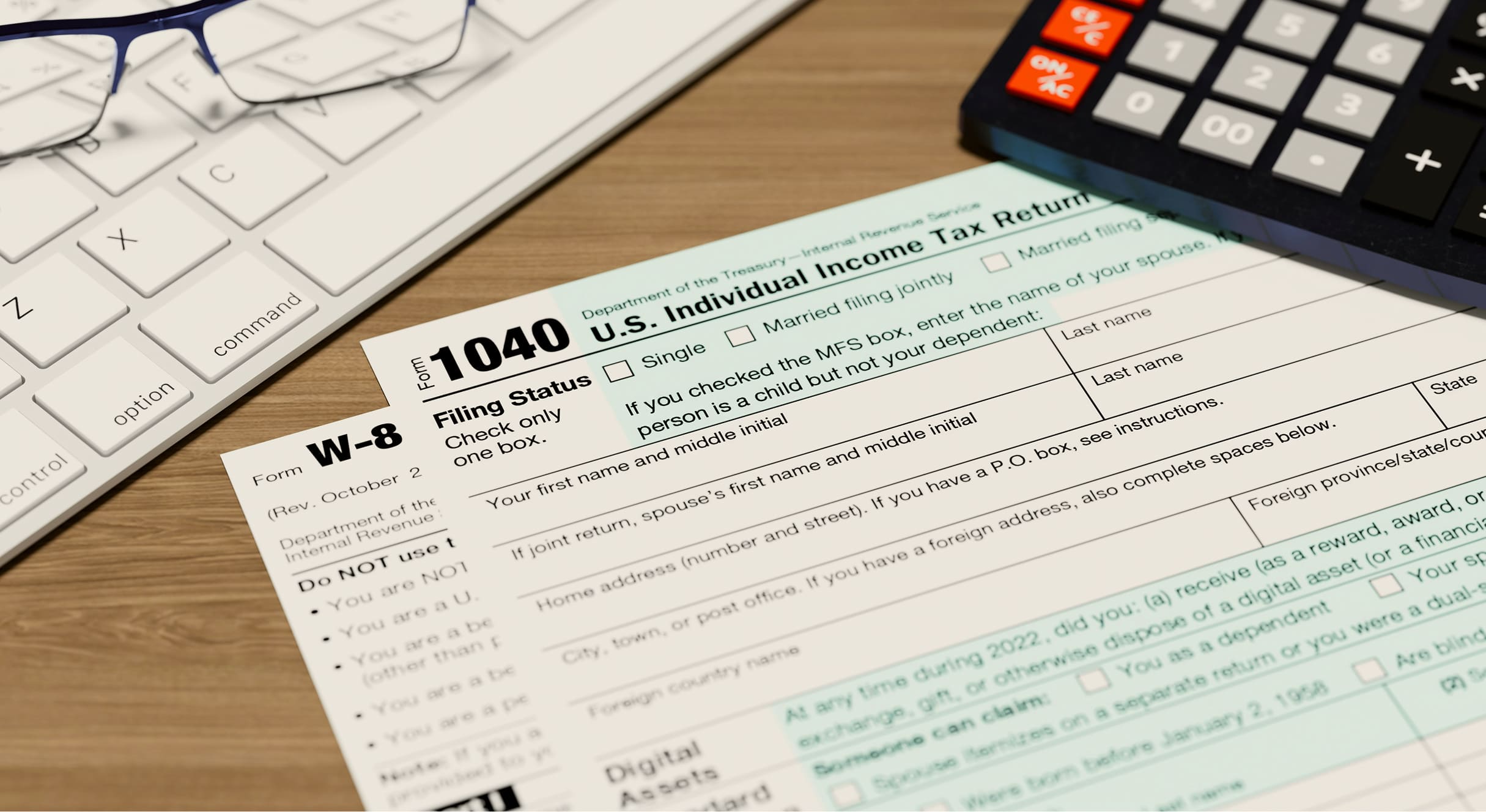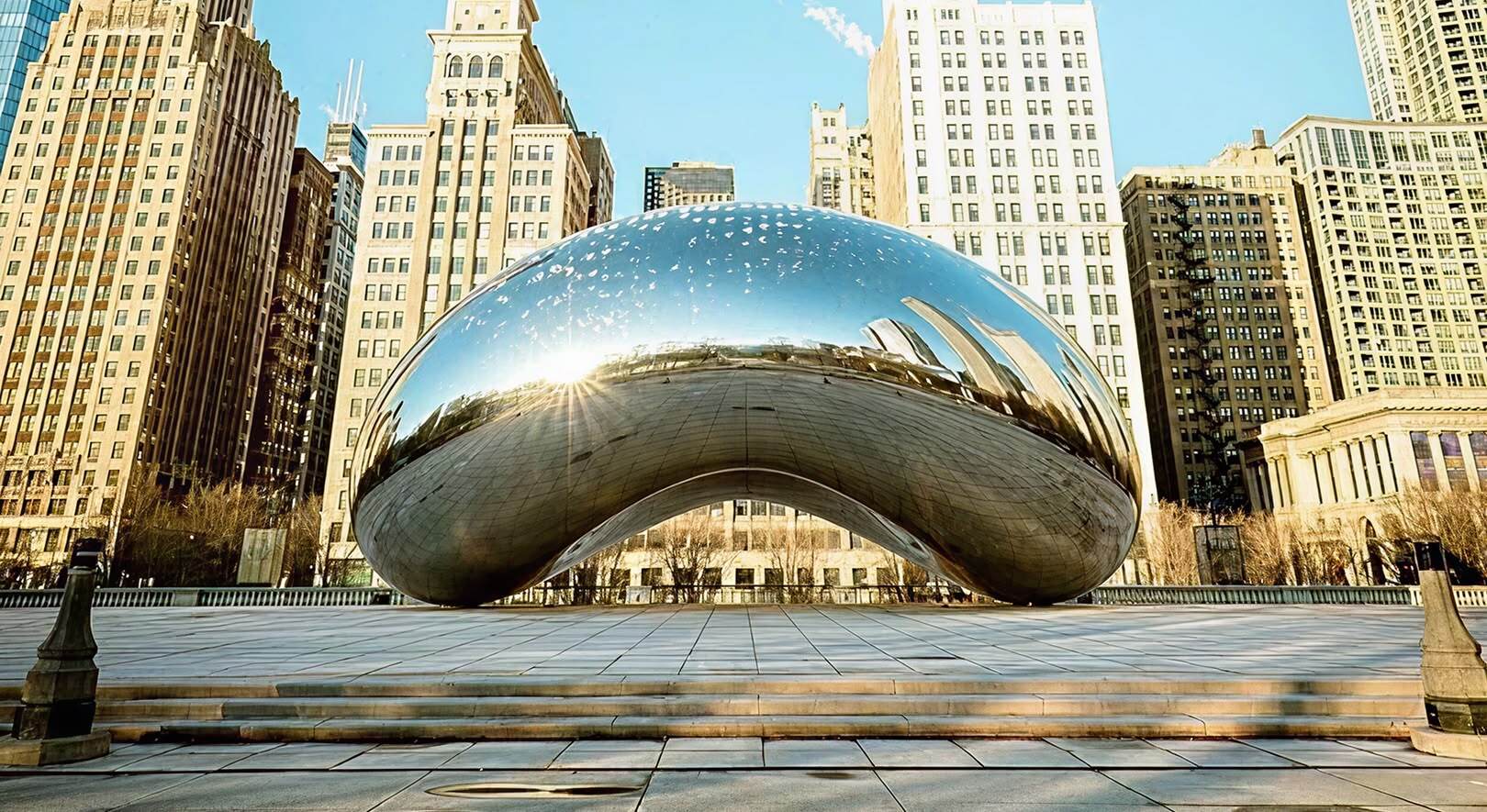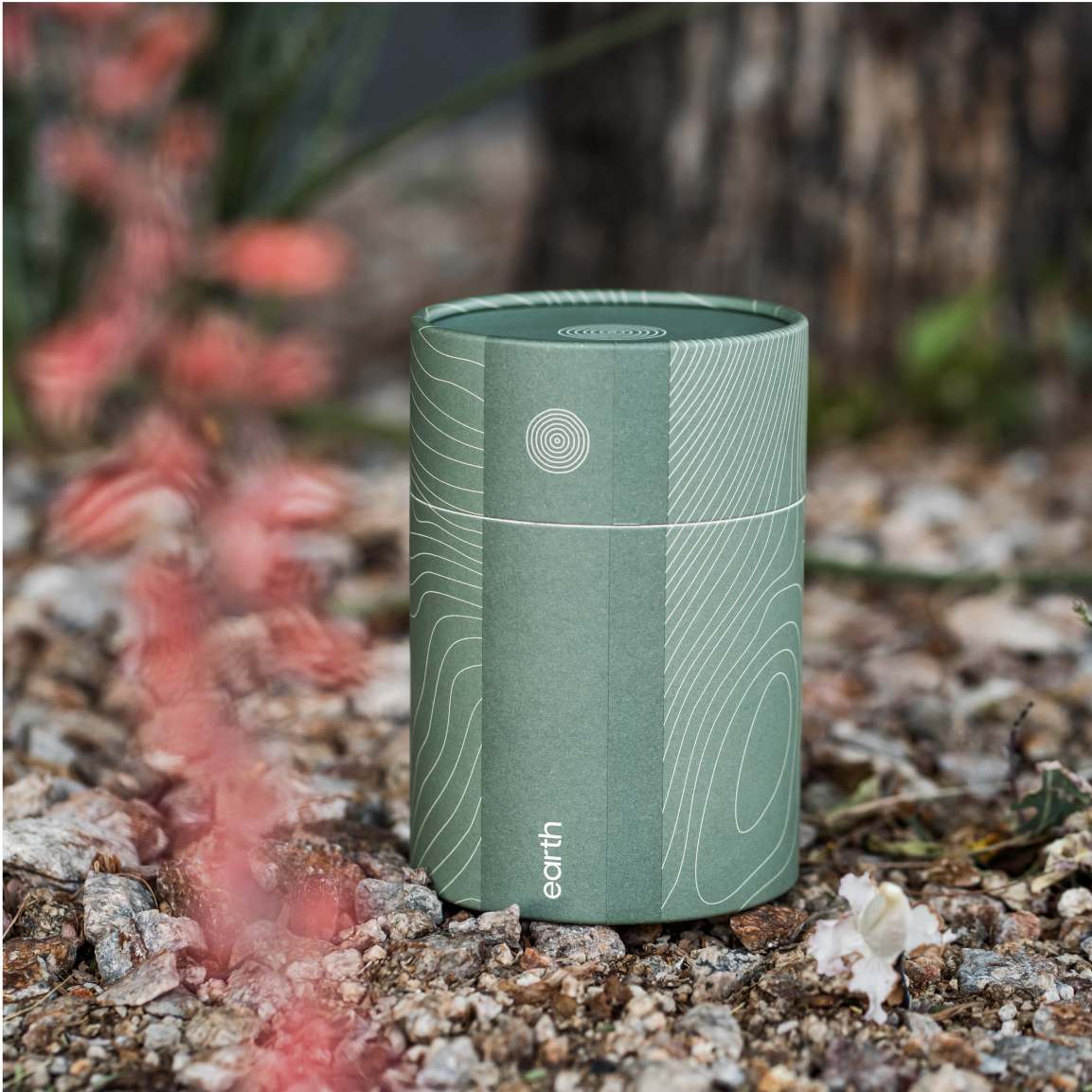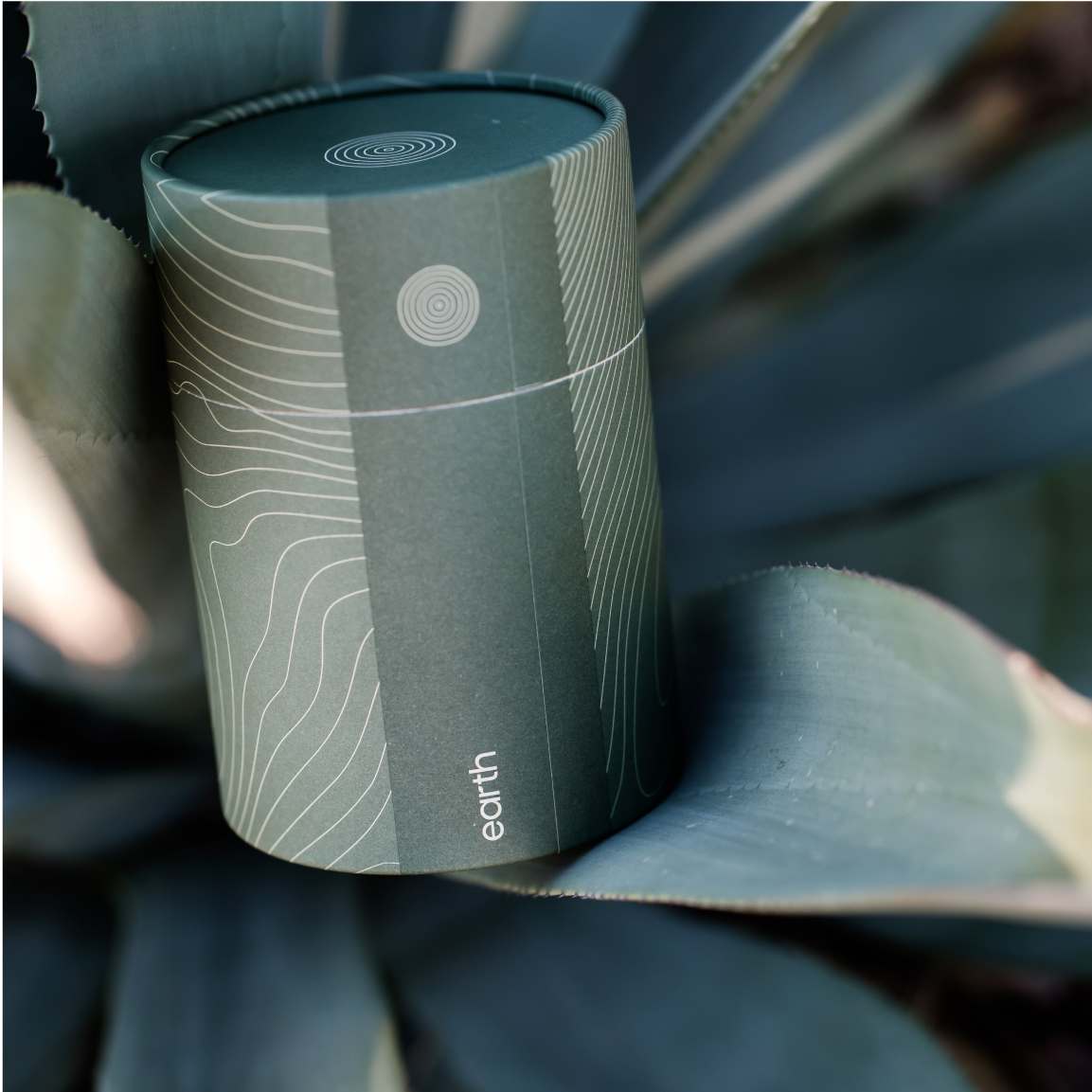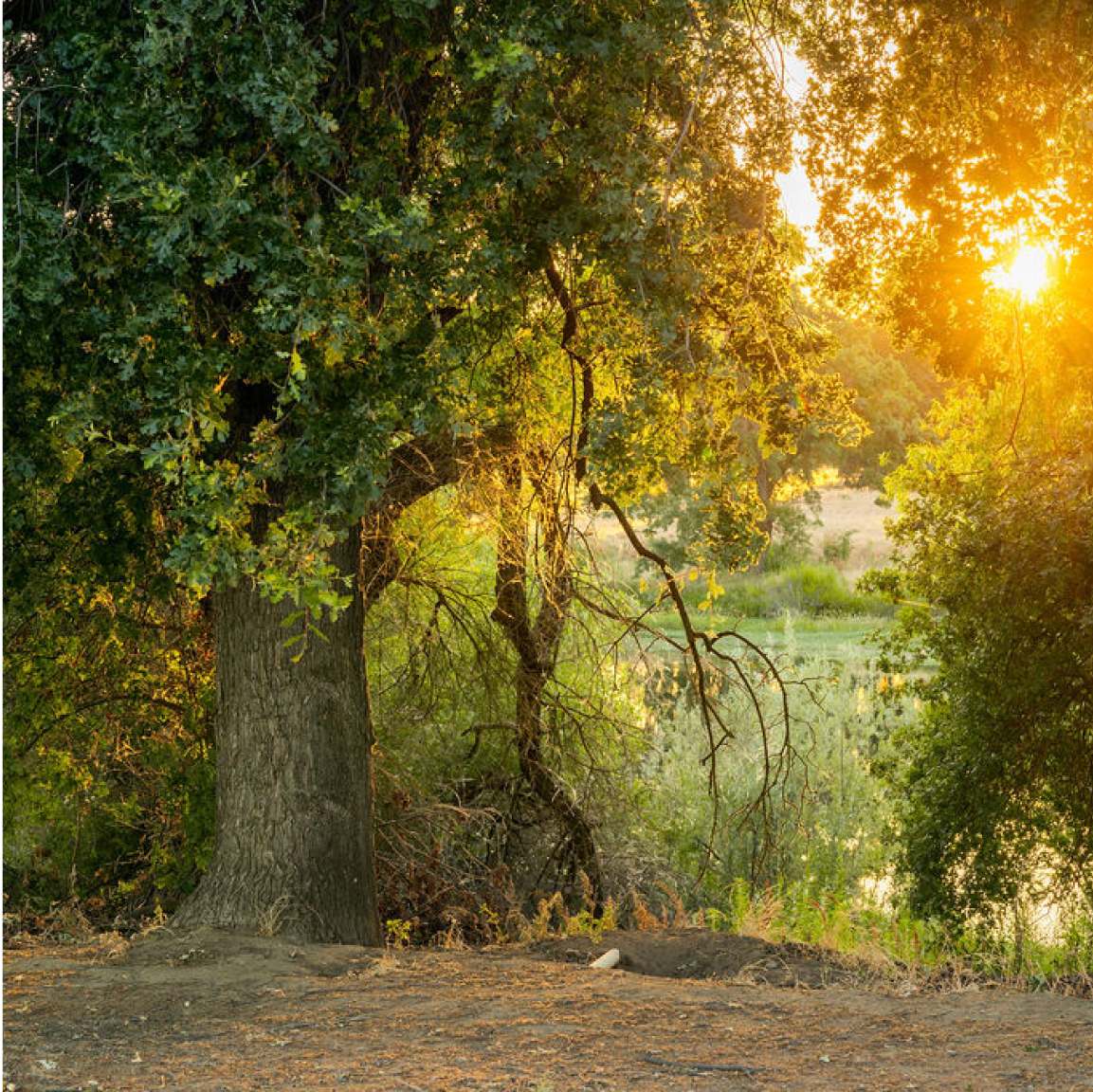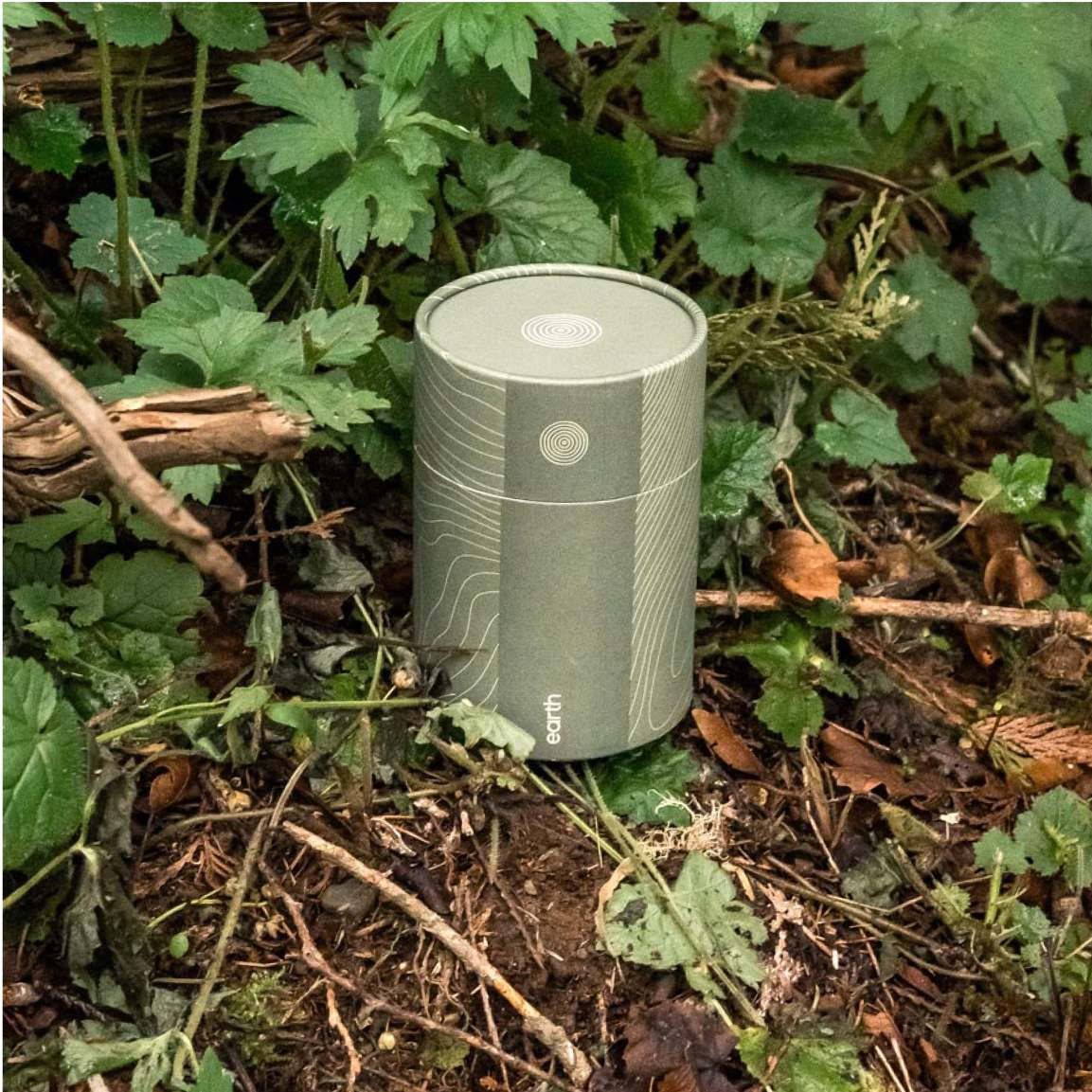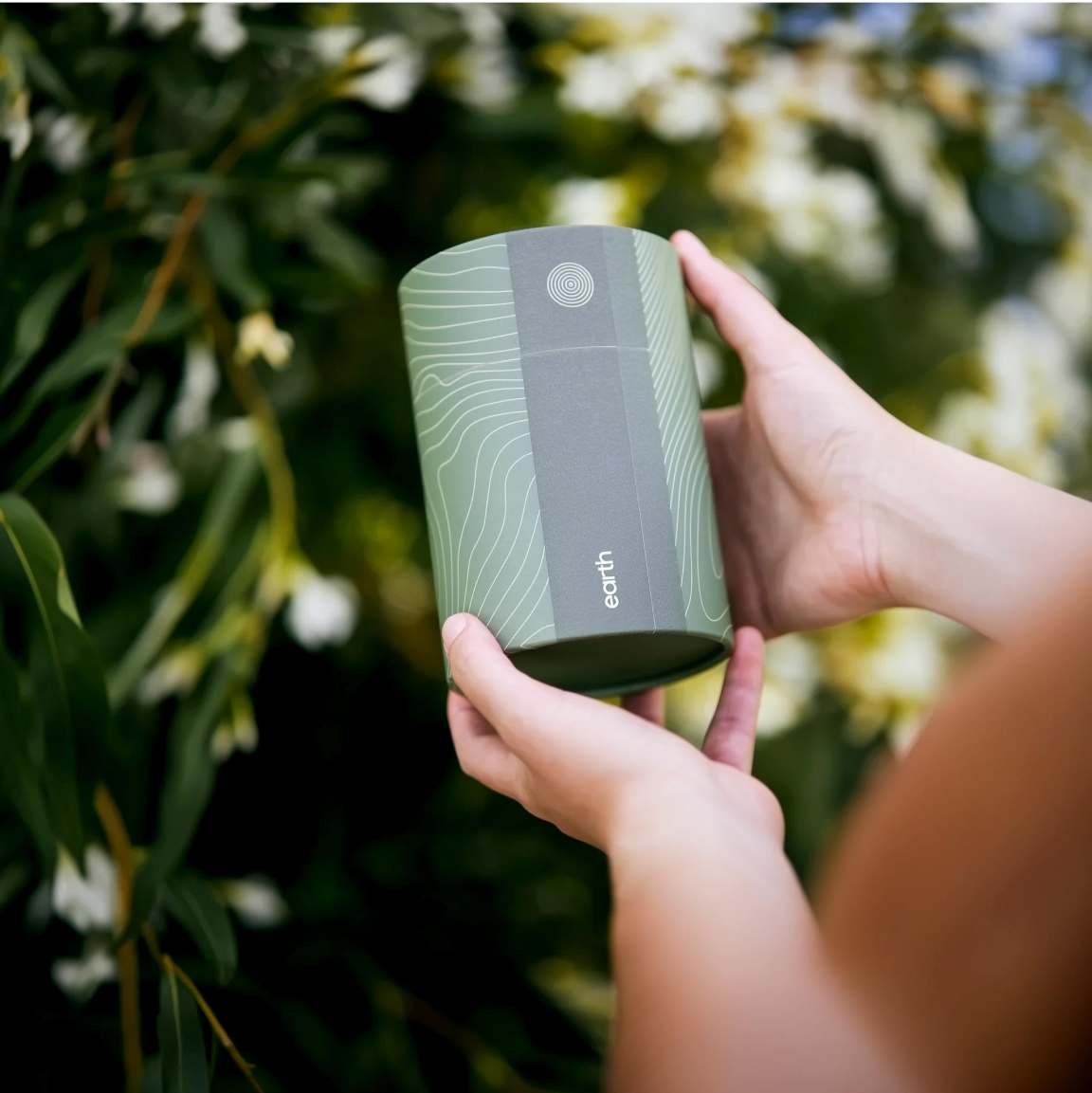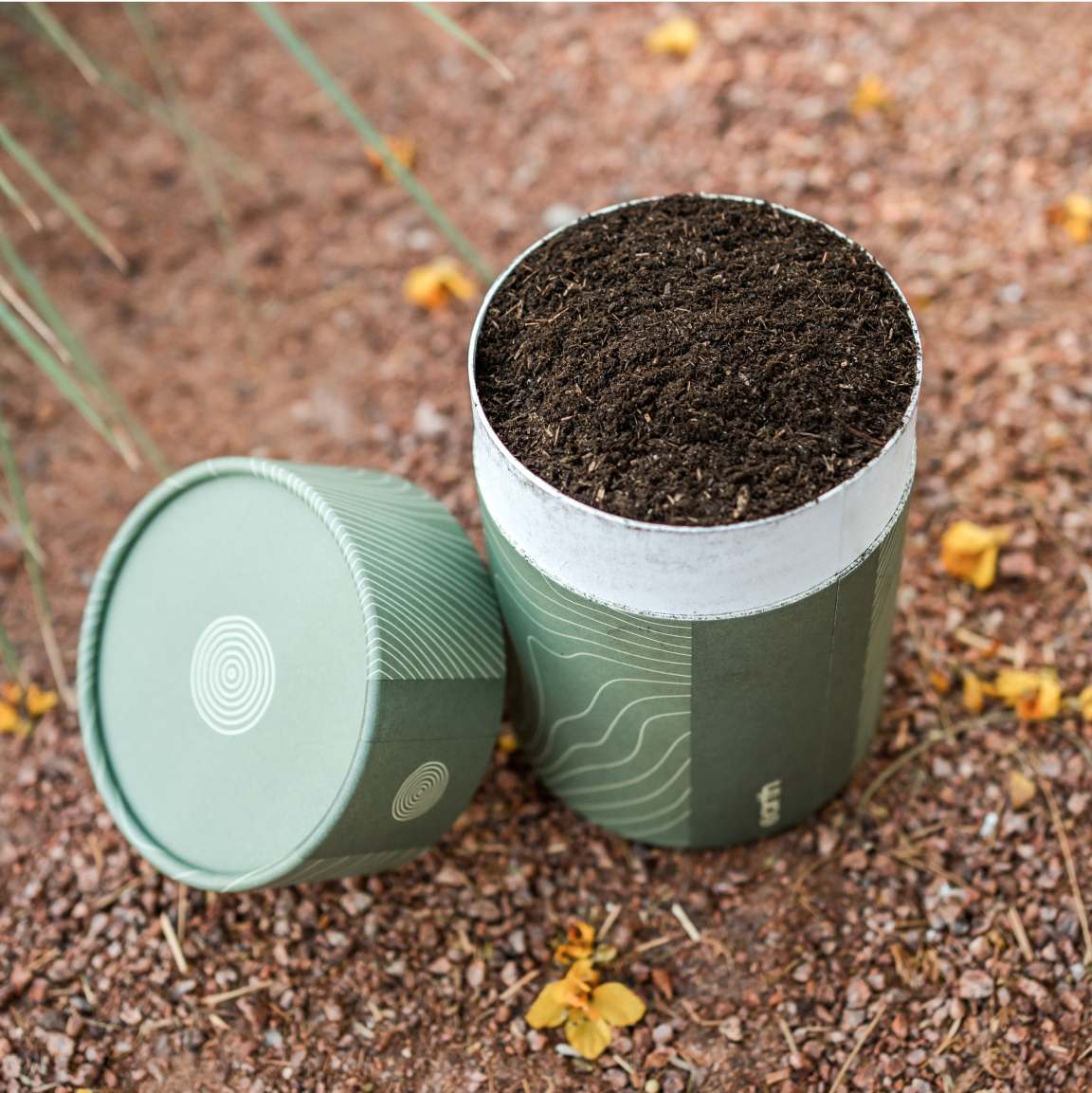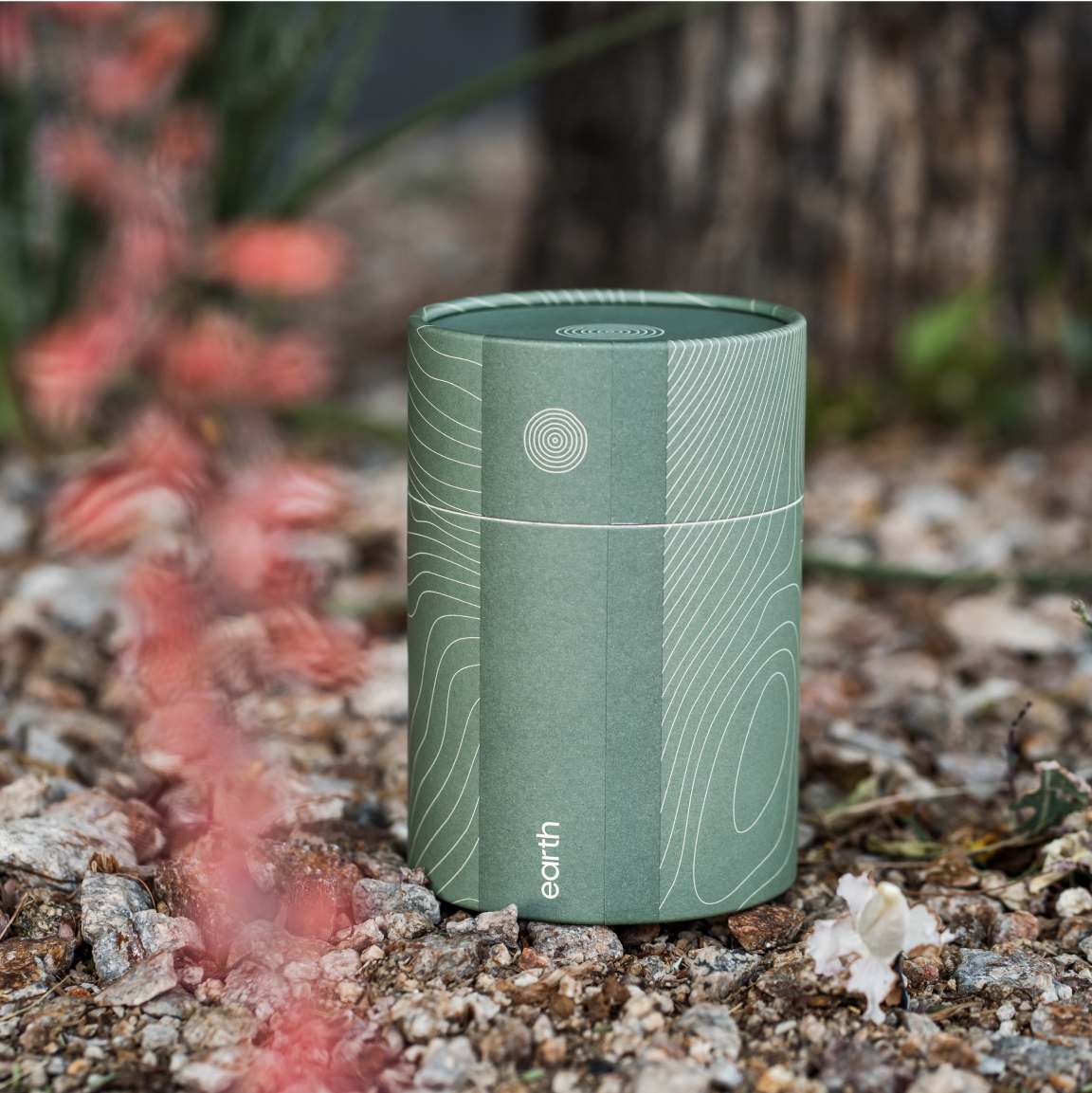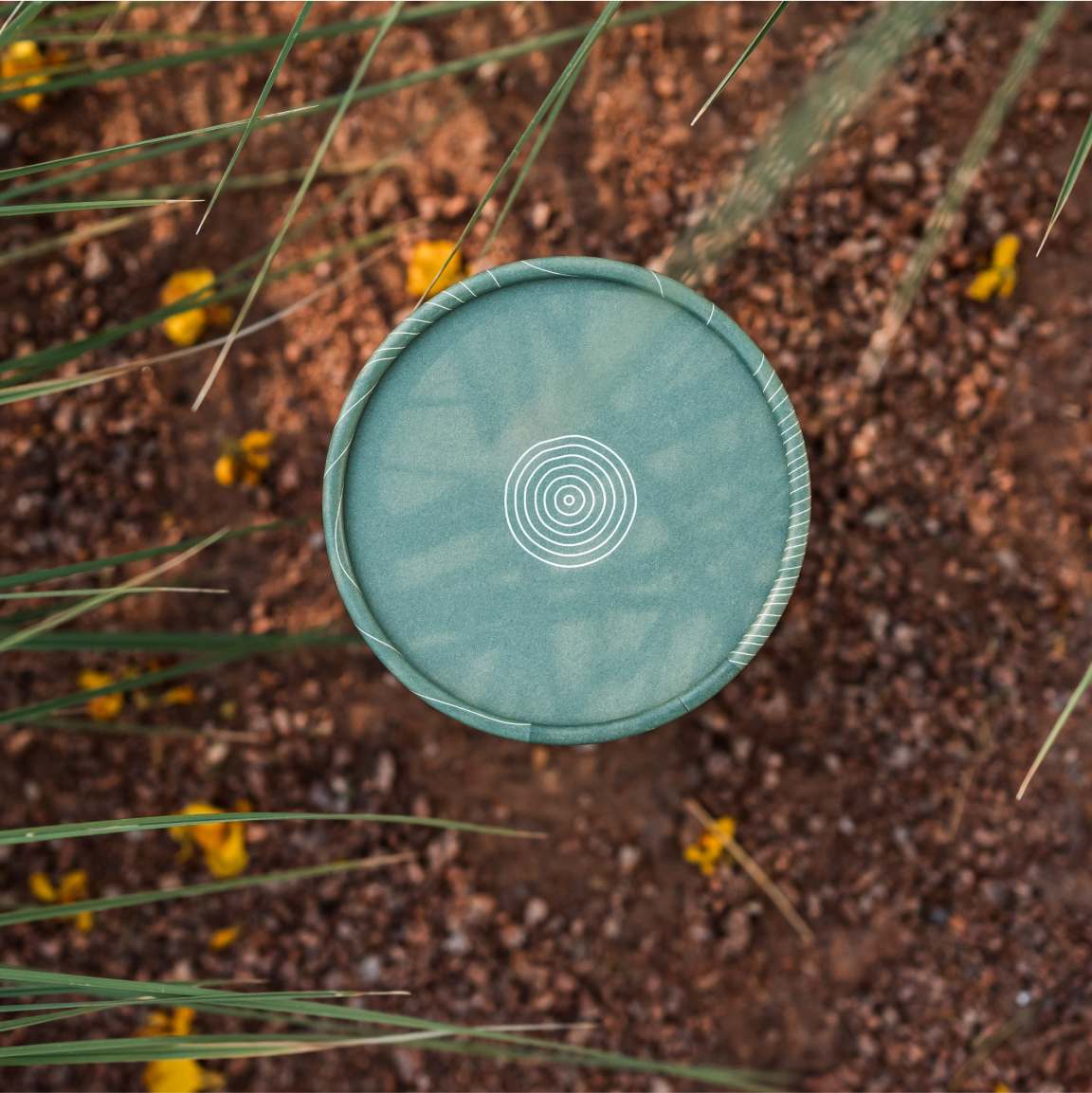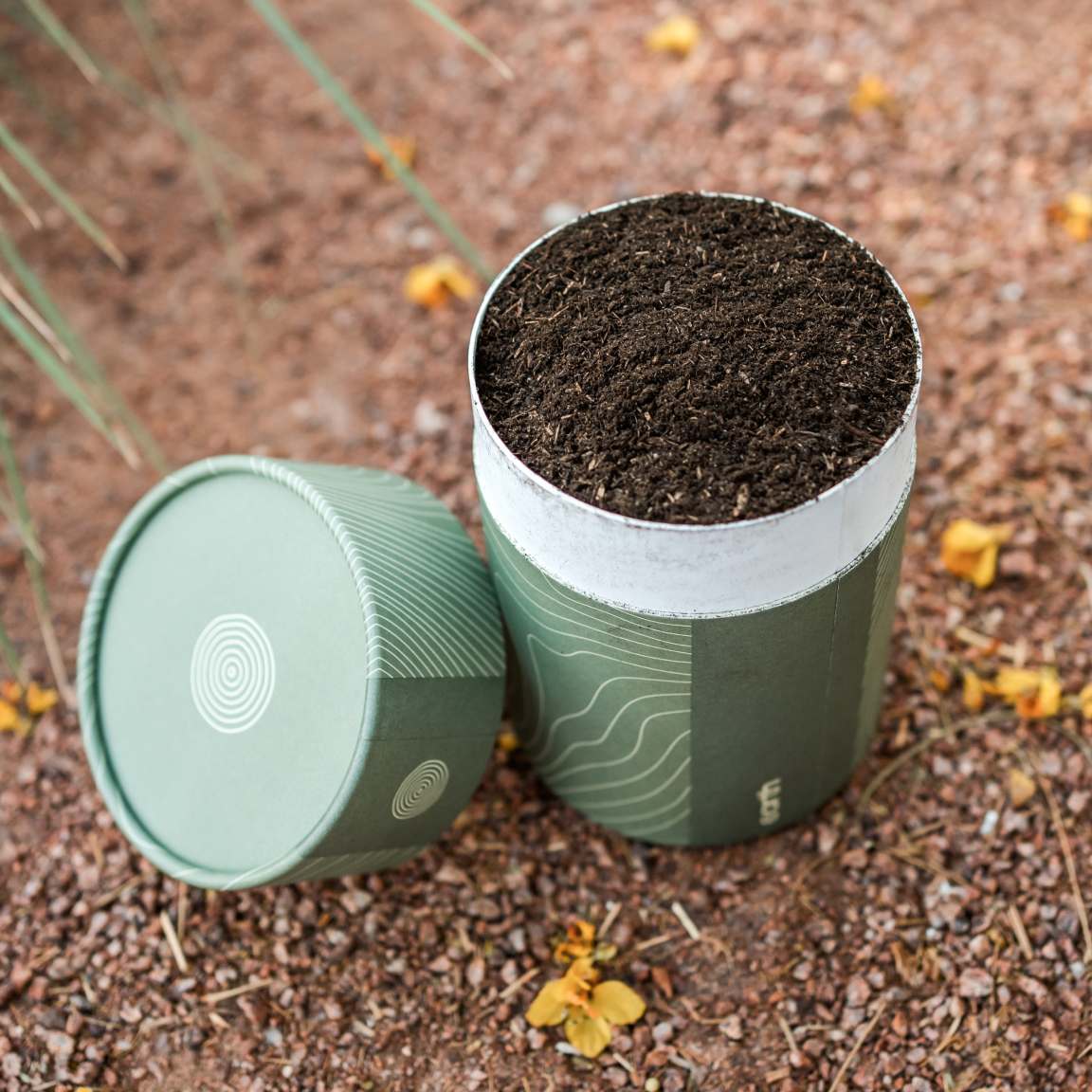
Green Funeral Practice
|
March 22, 2025
Many people aren’t aware of the full range of alternatives to traditional burial. While a casket is traditional, it is not a necessary element of burial.
Burial without a casket is an increasingly common practice. It tends to be selected for environmental or cost saving purposes.
This article looks at the alternatives to casket burials, as well as the reasons for choosing them.
We will also explore soil transformation, an environmentally friendly alternative to traditional funeral practices. Soil transformation (also known as natural organic reduction or human composting) presents another appealing choice for those who do not want a casket in their end-of-life planning.
What Are The Alternatives To Casket Burials?
There are two ways to avoid a casket in your funeral planning. The first is to choose a burial without a casket. The second is to choose a disposition method that does not involve an earth burial at all.
What Is A Green Burial?
A green burial is a burial process that removes many of the environmentally damaging aspects of conventional arrangements.

Green burials typically involve the use of a biodegradable vessel, the avoidance of chemicals such as embalming fluid and pesticides, and the minimal use of other resources for related elements such as grave marking.
A key element is the choice of burial vessel or garment. This might take the form of a biodegradable container or shroud. A natural burial format is also possible, with the body being buried without a vessel or shroud at all.
While there isn’t a set definition of ‘green burial’, a burial would not be considered green if it involved the use of a traditional casket. Traditional caskets are typically heavy wood or metal containers, which are often treated with chemicals.
Green burials are growing in popularity, and a number of burial grounds in the US are now wholly or partly dedicated to the practice.
What Is Soil Transformation?
Soil transformation is a natural, environmentally-friendly alternative to burial and cremation. Instead of being incinerated and turned into ash, a body is transformed into nutrient-rich soil over a 30-day process.

The process has a similar appeal to green burial and is therefore another option for those who would like to avoid caskets. It is an environmentally friendly option, which avoids the emissions that traditional funeral practices involve and also actively helps conservation efforts. It is also more suitable for urban areas than burial, which consumes valuable land.
The healthy soil produced by the soil transformation process can be used for conservation purposes such as reforestation, erosion control and restoring challenged ecosystems.
This composting process therefore represents a return to nature and helps make the last act an individual has on earth a green one. Read more about what the process involves in our soil transformation explainer.
{{CTA-2}}
Why Should You Go Green Vs. Traditional?
There are two primary reasons people choose to do without a casket in their funeral arrangements. First, it is better for the environment. Second, it removes or reduces a substantial cost.
For The Environment
Traditional funeral practice is damaging to the environment. Conventional burial is a resource-intensive process that pollutes the ground and produces emissions.
Many traditional caskets are made of woods, metals and plastics that cause soil pollution when buried. It is estimated that 64.5 thousand tons of steel, 1.6 million tons of reinforced concrete and 20 million board feet of hardwood are buried in the US each year.
Pre-burial emissions are also produced by the manufacturing processes and the nationwide transporting of materials.
Burial without a casket removes these substantial emissions from the funeral process. Soil transformation goes one step further, avoiding almost all emissions but also producing healthy soil that has a positive impact on the environment.

Related to this point is the greater connection with nature that removing a casket brings. Many people find the idea of a return to nature at the end of life attractive. Both green burial and soil transformation provide a more natural option than traditional practices.
For The Cost
Traditional burial funerals tend to be expensive. Caskets can be purchased at various price points, but the average cost of a casket still comes in at over $2,000 and the most expensive versions can cost more than $10,000.
The biodegradable vessels used in green burials tend to be less expensive, and burial without a casket removes this cost entirely.
Unlike in many other industries, the greener options in the funeral industry usually work out cheaper than traditional alternatives.
Soil Transformation Services
At Earth, we provide soil transformation services. Our process gently transforms a body into healthy, nutrient-rich soil over a 30 day period.
This process produces approximately one cubic-yard of soil, a portion of which is returned to families. The remainder is sent to local conservation sites for land restoration purposes.
Those looking for an alternative to casket burial are usually motivated by environmental concerns. We care deeply about the environment and believe that a person’s last act on earth can and should be a green one.
If you are interested in an environmentally friendly alternative to traditional funeral practices, you can read more about our services and get an instant quote.
{{CTA-9}}

